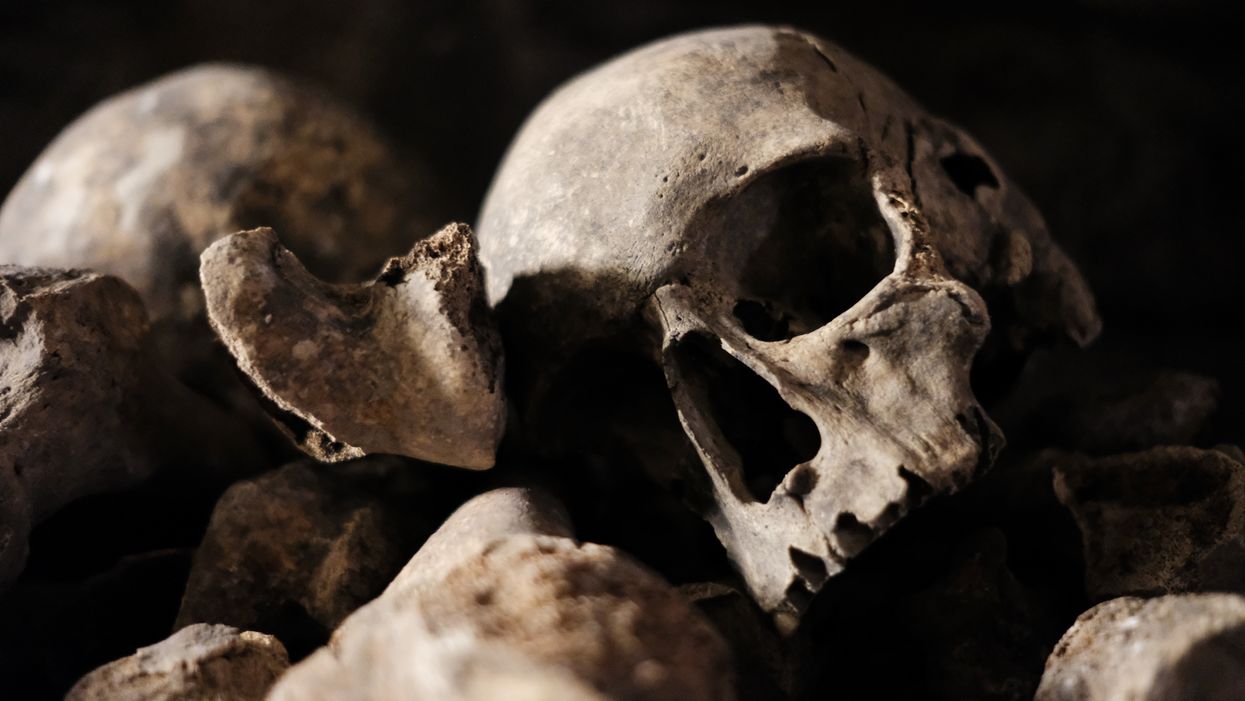Catherine Shuttleworth
Oct 09, 2023

Scientists warn humanity has a '1 in 6' change of dying out this Century
Photo by Chelms Varthoumlien on Unsplash
In 2020, philosopher Toby Ord published The Precipice, a book on the risk of human extinction. The chances of "existential catastrophe" for humanity in the next century according to Ord? One in six.
It was a shocking number that alarmed many. After years of being flooded with warnings over climate change, rogue AI, nuclear weapons and pandemics, it's hard to disagree that humans face worrying chances.
In his book, Ord discusses a number of potential extinction events, some of which can be examined through history. His research involved looking at the number of space rocks that have hit the moon over its history to figure out the likelihood than an extinction-sized asteroid hitting Earth. This was, in fact, looked at in 2022 by French scientists Jean-Marc Salotti, he calculated the odds of an extinction-level hit in the next century to be roughly one in 300 million.
By contrast, Ord estimated the risk to be one in a million, although he does point out a considerable degree of uncertainty.
Probabilities can be hard to understand in this context. Traditional probability, for example, relies on observations and a collection of repeated events, but human extinction would be a one-off.
But there is another way to think if, called Bayesianism, after the English statistician Thomas Bayes. It sees probabilities as a ranking system of sorts. Specific number predictions shouldn't be taken so literally, but rather compared to other probabilities to understand the likelihood of each outcome.
Ord's book contains a table of potential causes of extinctions, accompanied by his personal estimates of their probability. From a Bayesian perspective, we can view these as relative ranks.
Ord thinks extinction from an asteroid strike (one in a million) is much less likely than extinction from climate change (one in a thousand).
However, even using Bayesianism traditionally requires the incorporation of observational evidence.
So, what do we make of Ord's "one in six"?
Well it's better to take it less literally but to think of it as a warning, to jump start action on issues such as climate change to hopefully reduce the risk of human extinction in the next century.
Sign upto our free Indy100 weekly newsletter
Have your say in our news democracy. Click the upvote icon at the top of the page to help raise this article through the indy100 rankings.
Top 100
The Conversation (0)













